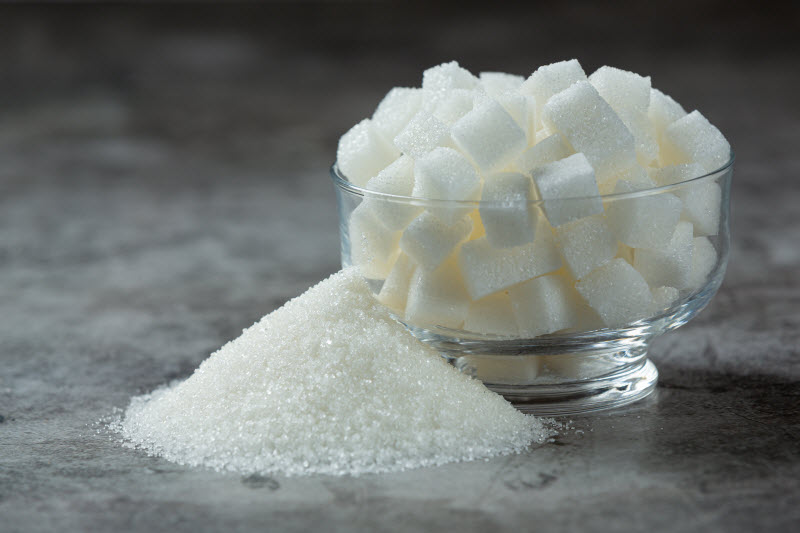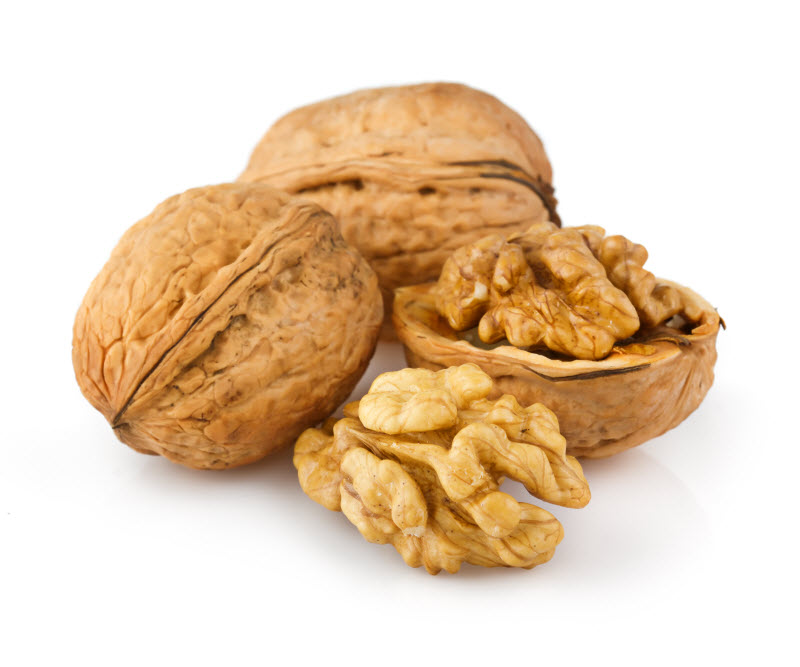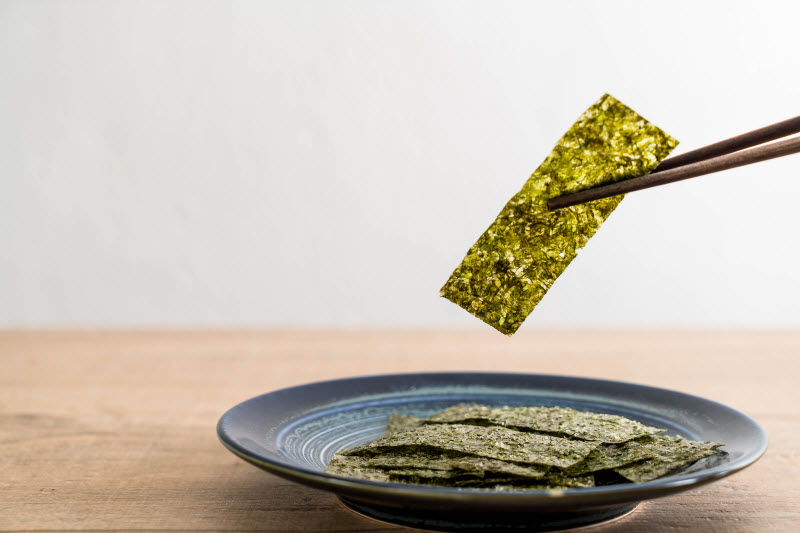
The use of sugar substitutes is quite common among people with diabetes. While trying to decrease the sugar intake as part of an effective diabetes management, most people prefer using alternative sweeteners instead.
These are substances that are used as a substitute for sugar to sweeten food, beverages and other products like oral care products and some medications.
Two main types of sweeteners can be found on the market:
1- Nutritive Sweeteners
These contain some nutrients like vitamins, minerals, and fiber in addition to sweetness. Most of them are fructose-based sweeteners which ultimately gets converted into glucose when it enters the body.
Fructose is best avoided when having diabetes as it will get eventually converted into glucose, although it takes a little bit longer to get absorbed and digested.
Nutritive sweeteners also contain calories and therefore add to your calorie intake, so it is recommended to be vigilant about their intake.
The most used nutritive sweeteners are agave nectar, honey, sucrose, high fructose corn syrup and sugar alcohols (or polyols) such as Sorbitol, Xylitol, Erythritol, Mannitol, Maltitol, Lactitol. When consumed in large amounts (more than 10g per day), sugar alcohols can cause gastrointestinal discomfort like cramps, bloating or diarrhea, so it is better to mind that.
2- Non-Nutritive Sweeteners
These on the other hand contain few or no calories or nutrients and have no effect on blood sugar levels. It is recommended to use them in small amounts as they have greater intensity of sweetness compared with sugar.
The U.S. Food and Drug Administration (FDA) has approved the use of eight non-nutritive sweeteners [1] which are Saccharin, Aspartame, Sucralose, Stevia, Acesulfame potassium, Luo han guo fruit extract also known as Monk fruit extract, Neotame and Advantame.
They are considered safe and can be taken in a tablet, powder, or liquid form.
What we should always keep in mind about using sugar substitutes is that:
- While the sweeteners themselves may not add to the calories intake, many foods containing sugar substitutes may have carbohydrates and calories from other ingredients.
- By using sugar substitutes, you do not make an unhealthy food choice healthy. Remember that many foods containing sugar substitutes are often poorly nutritious and high in calories.
- Consuming sugar substitutes as well as products that contain them, is by no means essential for people with diabetes and should be moderate and occasional as part of a healthy, balanced diet.
Do you want to know more about diabetes and how to keep it under control ? Download our Free eBook Here











Discussions
Add Comment